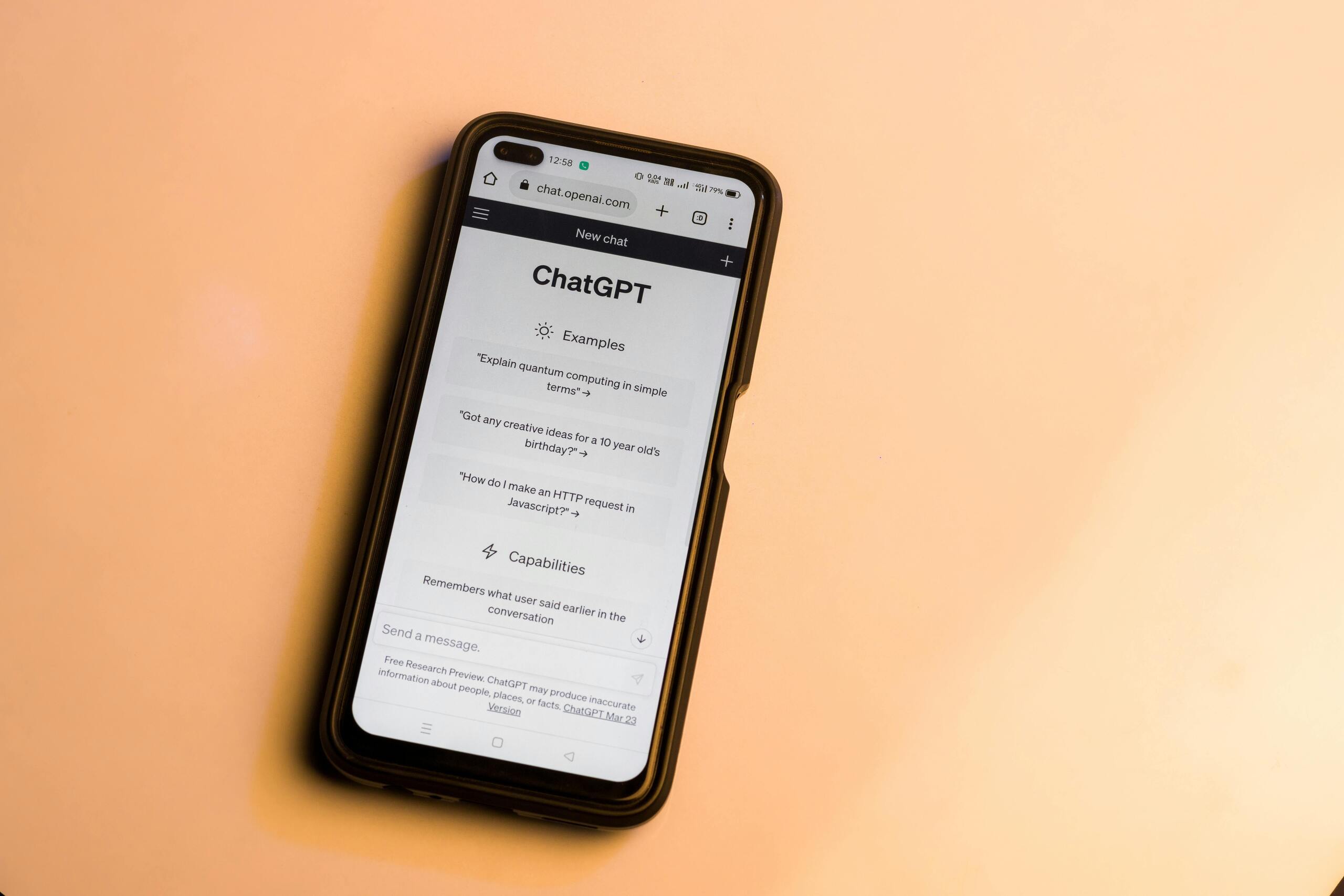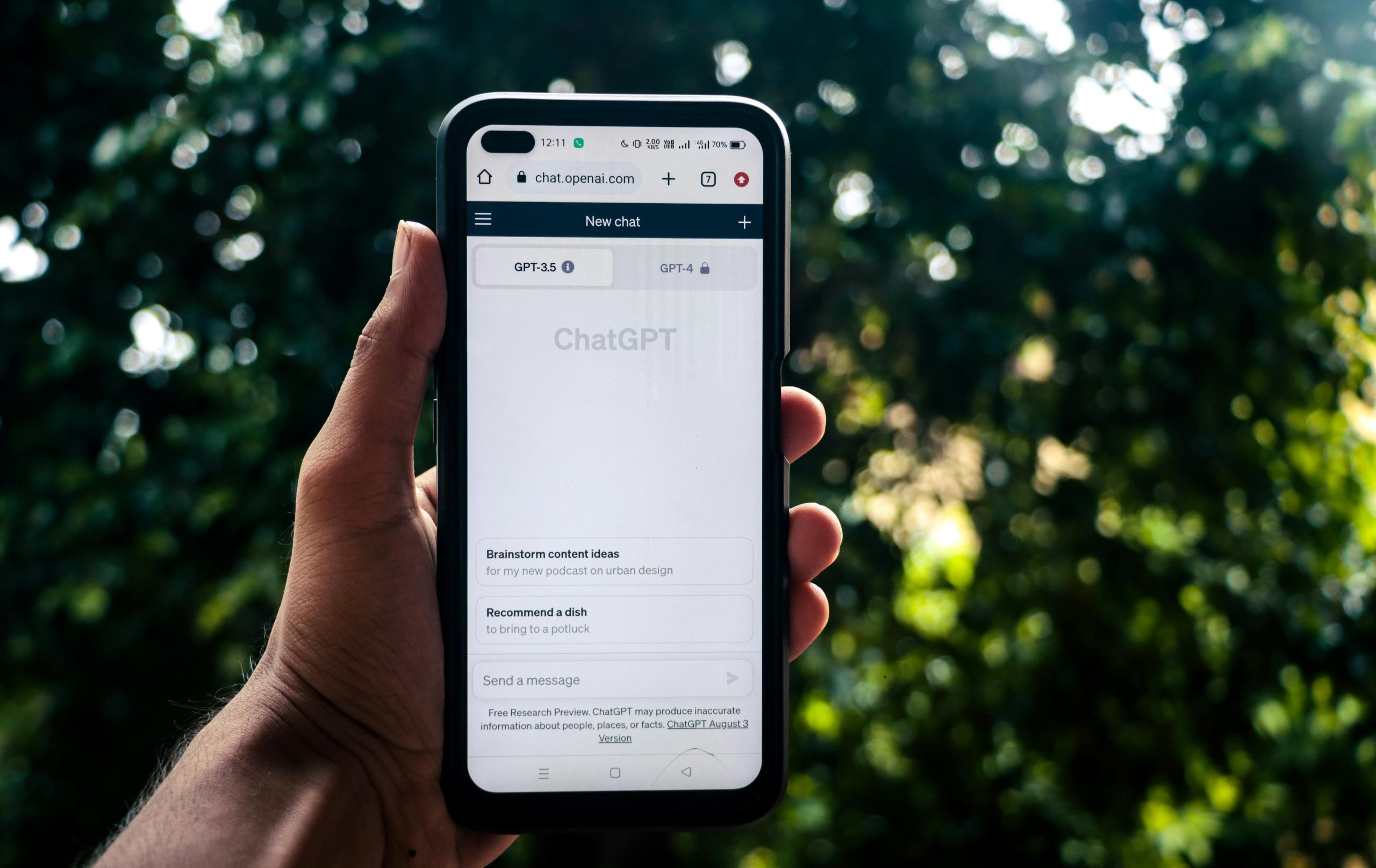If there was ever a demonstration that epitomised science fiction morphing into reality, this was it. Two AI agents, at first unknown to each other, discuss making a reservation, discover they are both AI agents and then switch to their own language of ‘beeps’ for more efficiency. The sort of beeps that scream robot takeover.
Naturally, ideas of AI agents communicating without humans knowing what’s going on descends into depictions of humans fending off sentient robots akin to Neo in the Matrix. But as always, a measure of nous is required.
The now viral video was actually part of a hackathon project called Gibberlink created by two Meta software engineers. In an interview with TechCrunch’s Maxwell Zeff, they explain how the project was designed to allow the models to switch “to a more efficient communication protocol”. As the article explains, the beeps are in fact similar to how early computers communicated with modems in the 1980s. A bit of perspective gained.
Data privacy, security and, for example, the potential for AI agents to accidentally spend far more money than instructed are concerns of a more present priority, especially when you consider generative AI’s prolific propensity for hallucinations (when it declares mistaken or untrue information as fact).
Yet the tech sector has lauded 2025 as the year of AI agents. And the funding backs this up: €827m has already gone to AI agent startups in Europe this year. But what actually are they?
The term gets bandied about. And the perceived understanding is that they can automate tasks like booking a dinner reservation on behalf of a human. But depending on who you’re talking to, this can mean different things.
AI agents on different missions
There is a messaging problem at play. In another recent piece, TechCrunch outlined how interpretations of ‘agent’ and ‘agentic’ can be broad and encompass different purposes, based on who the vendor is.
Each of the major tech players has varying definitions, including some who say ‘agents’ and ‘assistants’ are interchangeable and others who distinctly distinguish the two. In fact, in the Gibberlink video, one model calls themself an agent, the other an assistant.
For the big names, the mission is more important than the definition. But there is the issue that marketers have diluted the concept from a concrete objective into a pool of generalised terminology.
While the larger companies may look to get by on conflicting terms, for startups and scaleups looking to define themselves in the market, defining their messaging becomes a whole lot more important. What are you offering to businesses exactly? Do they understand how they can use the product to their advantage?
A broad definition gives more scope and adaptability for what agents can do. Less literal terms can encapsulate an idea creatively and attract attention too. In a practical context, however, this also means value becomes muddled and makes measuring ROI tricky. Crucially, this impacts customer expectations.
When you are presenting to potential customers, that’s when you have to have real clarity on what you are offering. One of the major steps businesses need to take is moving from exploring how AI can improve processes to actually implementing it. So, this messaging is just as integral internally too.
Beep beep: the agentic agenda
This week AI agents startup Portia AI secured £4.4 million in funding. The company provides businesses with “a library of tools for building and deploying their own AI agents in-house, while promising high security standards and to keep humans in the loop at all times”.
This tackles three top priorities for AI agent use: one, how to implement it; two, ensuring data is safe; and three, protecting the human aspect. I understand what you offer and I’m intrigued to learn more. The next key step for the businesses will be deciphering what the agents will be used for.
But if AI agents are going to end up speaking to each other anyway, does this even matter? Is this just a… beep. boop. beep beep beeeeep…
(Yes, yes it does.)
If you want to learn more about defining your messaging for AI agents, speak to one of our (human) agents here.
Related Articles

Human brain power doesn’t cost the environment, ChatGPT’s does – so should we be moderating our AI use?
Article by:Alex Maxwell


